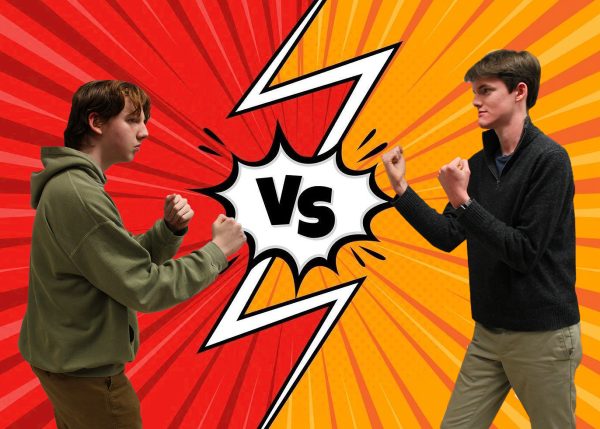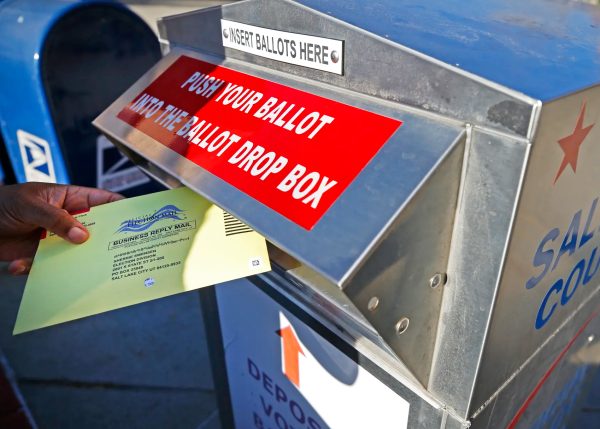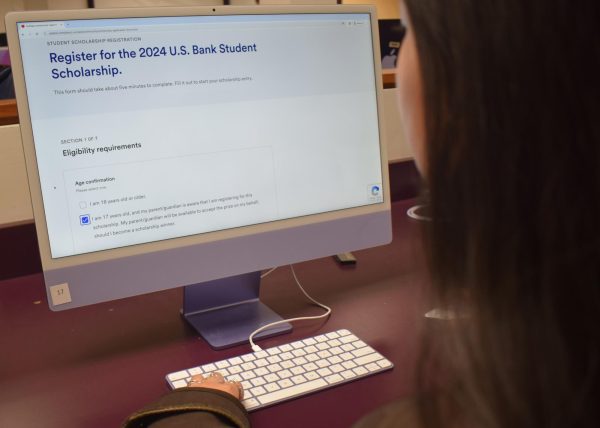Cancel Cancel Culture
Celebrities are cancelled frequently, some for trivial, insignificant reasons.
As one scrolls through the never-ending sea of posts on TikTok, Twitter and Instagram, it is easy for the outside world to become drowned out. In the vast ocean of posts and comments, people obsess over the lives of celebrities whom they have never even met. Because of this reliance on social media, people have become engrossed in the process of carefully monitoring the actions of others — specifically, in their desire for others to do the right thing. The product of this celebrity obsession is called cancel culture, which consists of denouncing celebrities’ offensive behavior.
Despite its beginnings as an attempt to encourage accountability among public figures, the process has actually devolved over time. Now, cancel culture has become the practice of shaming others for minor offenses — effectively preventing it from achieving its original goal. The solution, therefore, is simple: abolish it.
The entire premise of cancel culture is that celebrities who have said or done something offensive should never be supported again. While it is necessary to recognize that racism, sexism or any other prejudice never be condoned or normalized, cancel culture has moved dangerously far beyond that original intent.
In its current state, the practice is extremely ineffective. Rather than holding celebrities accountable, many instead benefit from the process meant to punish their wrongdoings. Cancel culture generates publicity around offending celebrities, helping them gain attention, and shifting the focus further away from the voices and messages that continue to be overlooked. The focus is always on who is being canceled now and why. People feed on this drama instead of actively taking part in greater systemic changes.
In addition, people can become so plagued by this drama that it makes them feel better about themselves and their mistakes. It creates a superiority complex; regular people start to believe that because they have never made mistakes similar to canceled celebrities, they are morally superior to them. Hence, not everyone who takes part in cancel culture does it to actually hold anyone accountable or because they actually care about human rights or decency. They take part because they want to feel like they are making a difference in the world without actually putting in the effort for more meaningful change.
Celebrities are also often canceled for minor offenses. For example, popular TikTok dancer Charli D’Amelio was canceled for simply setting a goal regarding her follower count. As Nayeli Quiles (II) describes it, “[Cancel culture] lumps together people who’ve committed horrendous crimes with those who have made small mistakes which they can grow from.” D’Amelio, who is just a teenager, clearly has the potential to grow, and therefore should not be canceled just because of her ambition.
Within cancel culture, minor offenses are grouped together with racist, homophobic or otherwise more egregious behavior. Most are not equally severe, and therefore should not receive similar responses. With such misdemeanors, people should be encouraged to undergo personal growth instead of being ostracized. Without an incentive to grow, people will continue their poor behavior or put on an act for the screen to make it appear that they have changed when, in reality, they have not.
Even beyond the troubling distortion of the severity of an offense, cancel culture also targets offenses committed in the past.
“It is human nature to make mistakes; it is possible for someone who did something wrong 10 years ago to be a different person today,” says Astrid Wilder (II).
Boston Latin School students are in their teenage years, and it is likely that 10 years from now, people’s personal identities will have changed significantly. Therefore, condemning someone because of minor misconduct from long ago is counterproductive — they may not even be the same person as they were then. A better approach is encouraging them to recognize what they have done wrong and then guiding them towards the right path.
In an attempt to combat important social issues in America, people place a magnifying glass on celebrities and heavily criticize them for minor mistakes. In order for our country to improve, rather than hyper-focusing on one person’s mistakes, time is better spent supporting causes that achieve more widespread change. Sign petitions, educate yourself and engage in activities which truly make a tangible difference.
As Sarah Haji notes in her TIME article, Cancel Culture Is Not Real—At Least Not in the Way People Think, “consider the people who are actually sidelined.” We should find ways to stand up for important issues rather than focusing on famous people’s petty mistakes.
It is important that as BLS students scroll through social media, they remember what truly matters. Each time they watch a video, like a post or retweet something about the next canceled celebrity, they should consider examining the systemic issues that must be dealt with in order to combat those mistakes first. Cancel culture is not only ineffective when tackling these issues, but it is also harmful overall because of its fixation on small offenses and hindrance of personal growth and minimal change.








